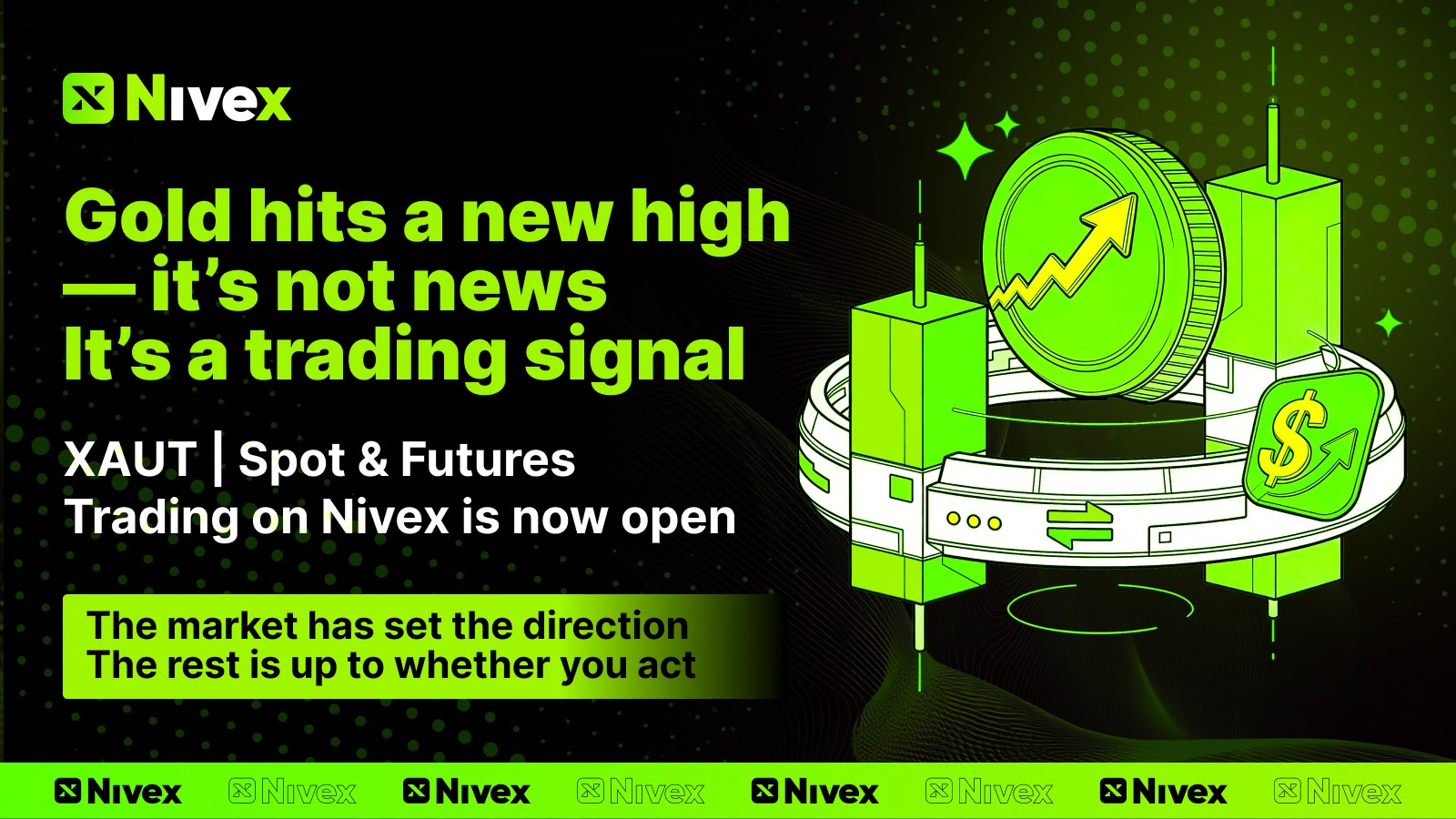Welcome Back
Click “Sign in” to agree to Cointime’s Terms of Service and acknowledge that Cointime’s Privacy Policy applies to you.
Join CoinTime
Already have an account?
Click “page.Sign up” to agree to Cointime’s <a class="underline" href="#term-of-service">Terms of Service</a> and acknowledge that Cointime’s a class="underline" href="#privacy-policy">Privacy Policy</a> applies to you.
Sign in with email
Sign up with email
Your email
Check your inbox
Click the link we sent to to sign in.
Click the link we sent to to sign up.





